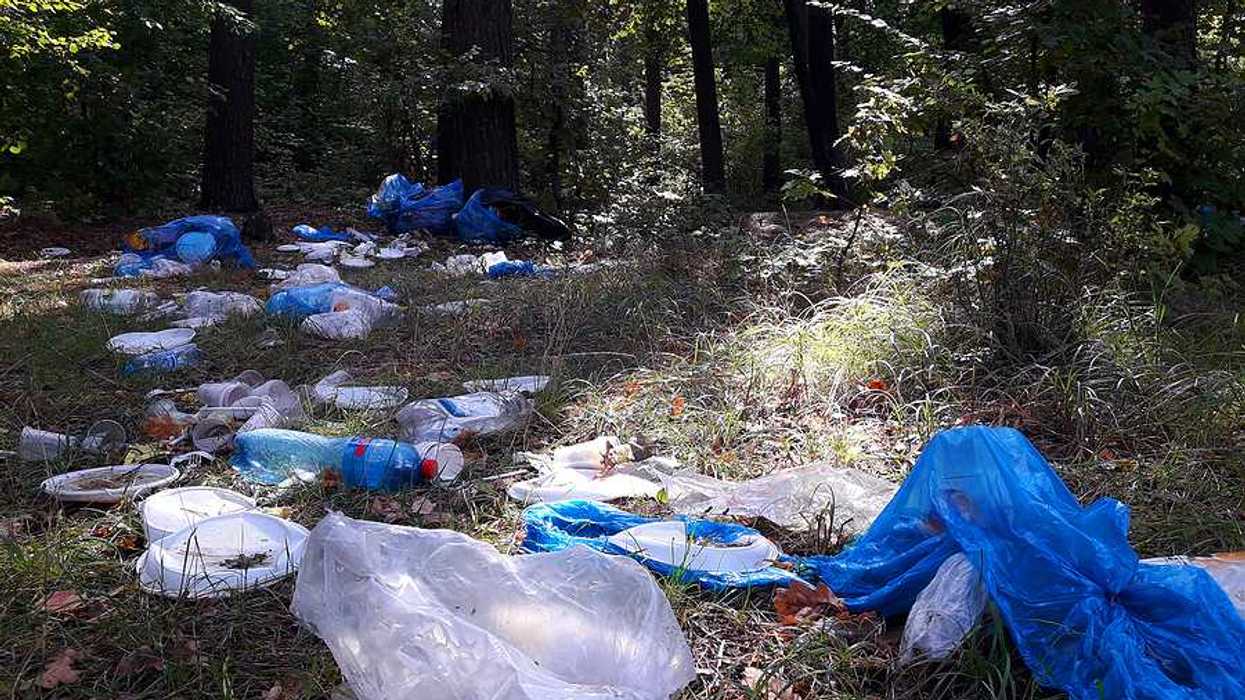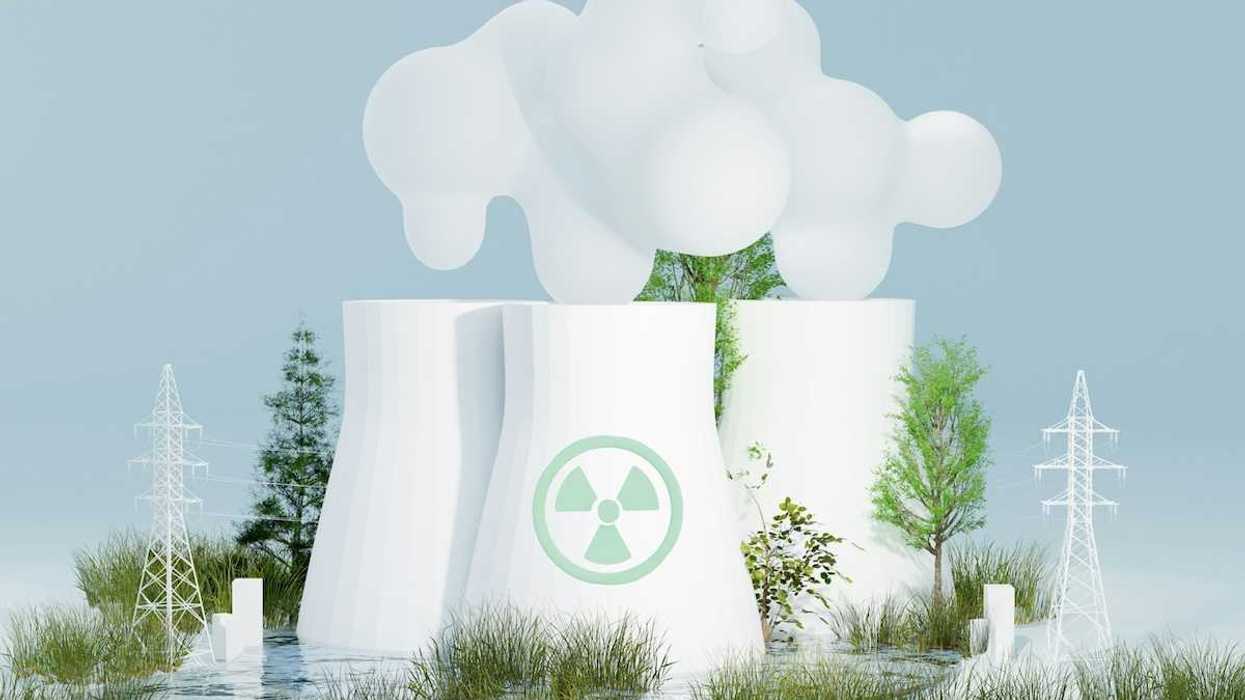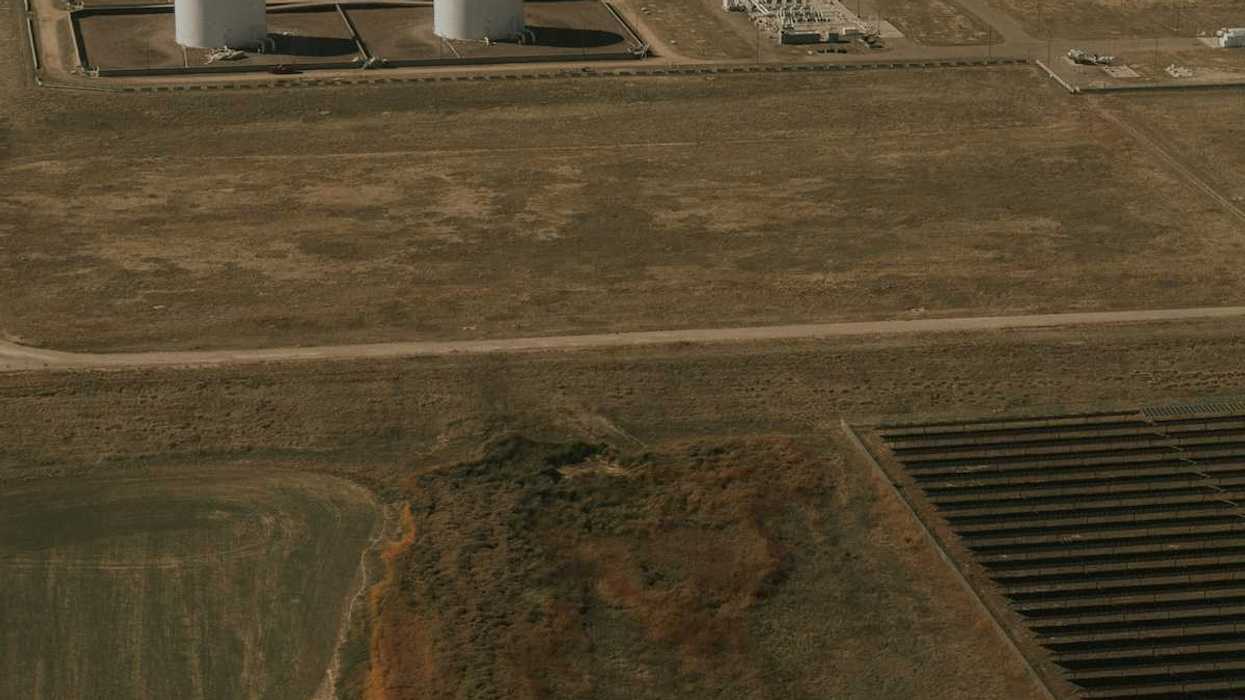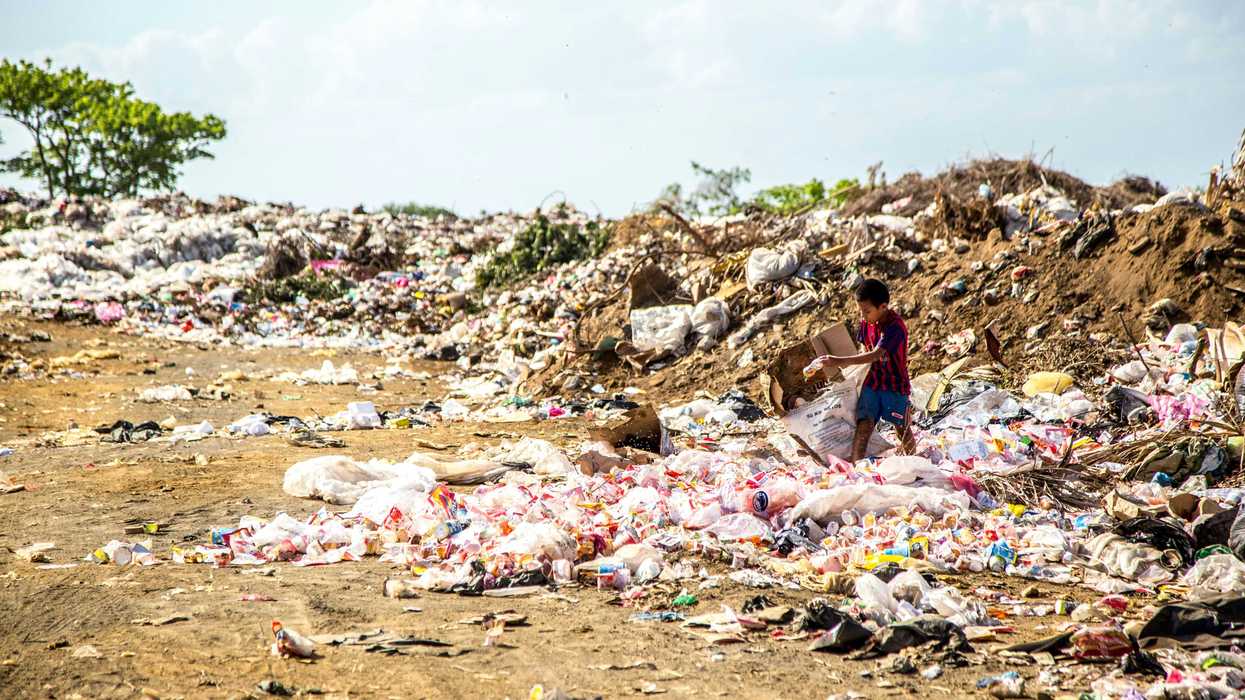Robots are being deployed in the North and Baltic Seas to clean up millions of tons of unexploded WWII munitions, a German government-backed project aimed at reducing environmental hazards.
Sophie Hardach reports for the BBC.
In short:
- Remote-controlled robots with "smart grabbers" are being tested to remove toxic munitions from the North and Baltic Seas.
- The German government is funding a €100m project to clear 1.6 million tonnes of dumped explosives to prevent carcinogenic substances from leaking into marine ecosystems.
- The project aims to develop a large-scale, automated process for munitions removal, targeting densely littered sites with advanced robotic technology.
Key quote:
"We're really working together on this – society, non-profits, scientists and politicians from across the main parties. We can remove these munitions from German waters, and then they're gone, once and for all, and it's not coming back."
— Jens Greinert, Geomar Helmholtz Centre for Ocean Research
Why this matters:
Cleaning up these munitions is crucial to protecting marine life and human health from toxic substances, ensuring safer waters for future generations and supporting environmental restoration efforts. Read more: Is the toxic legacy of the Iraq War deforming children near US bases?














